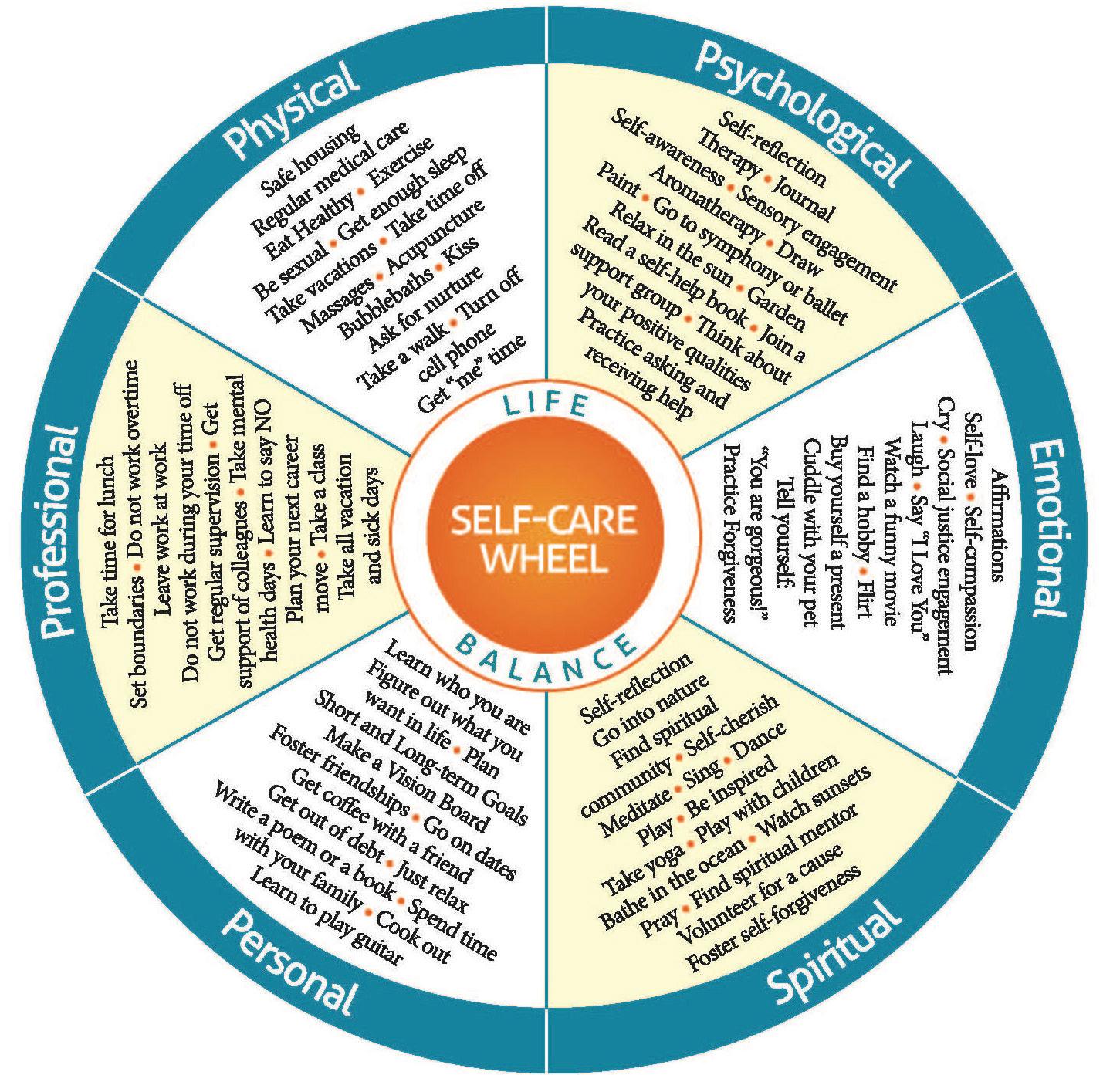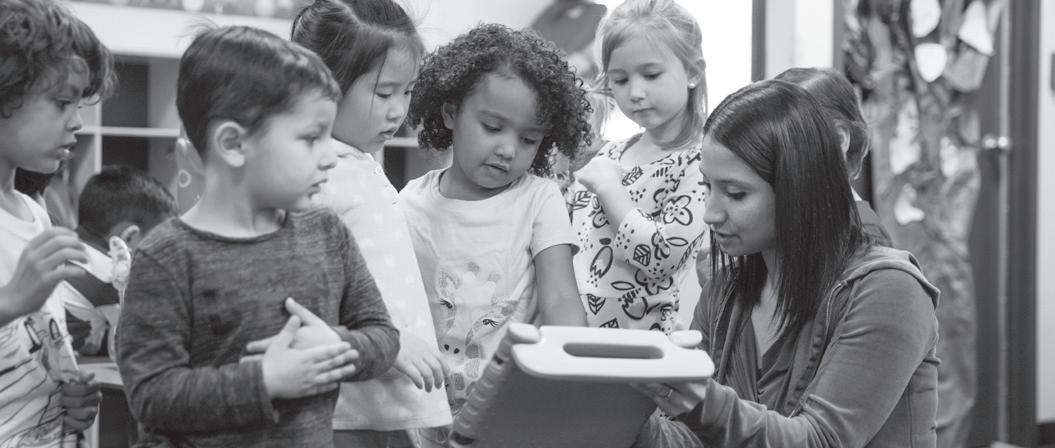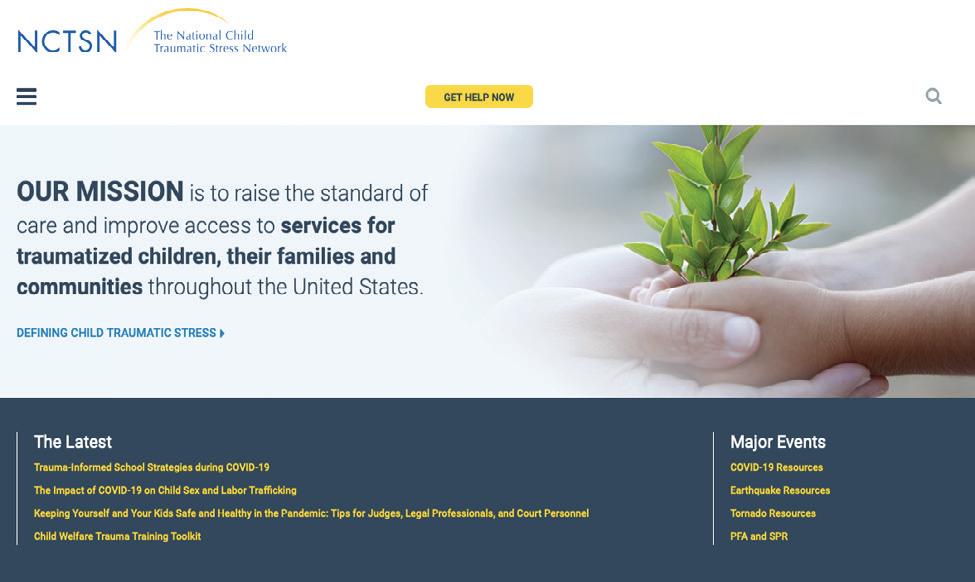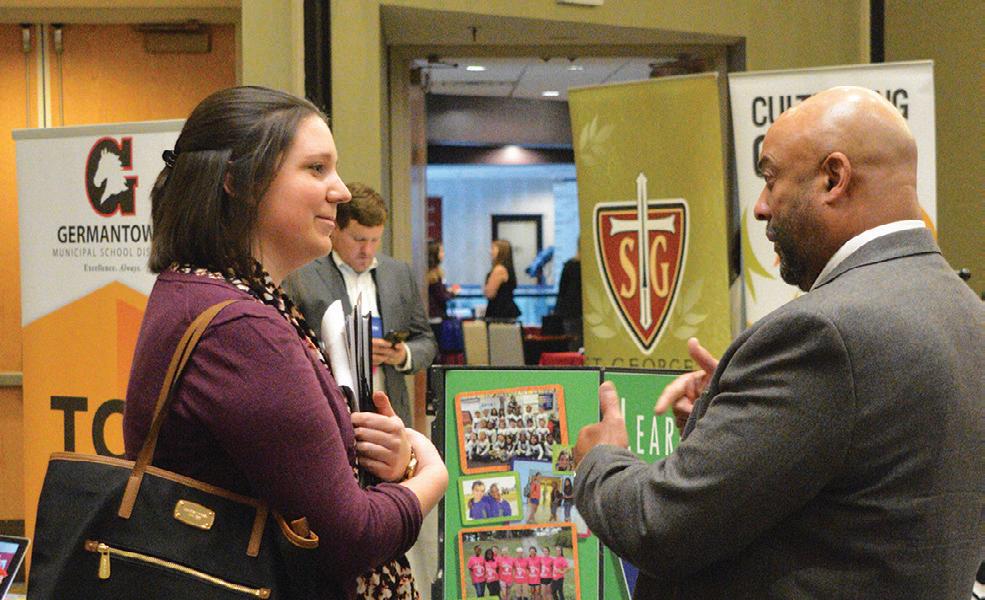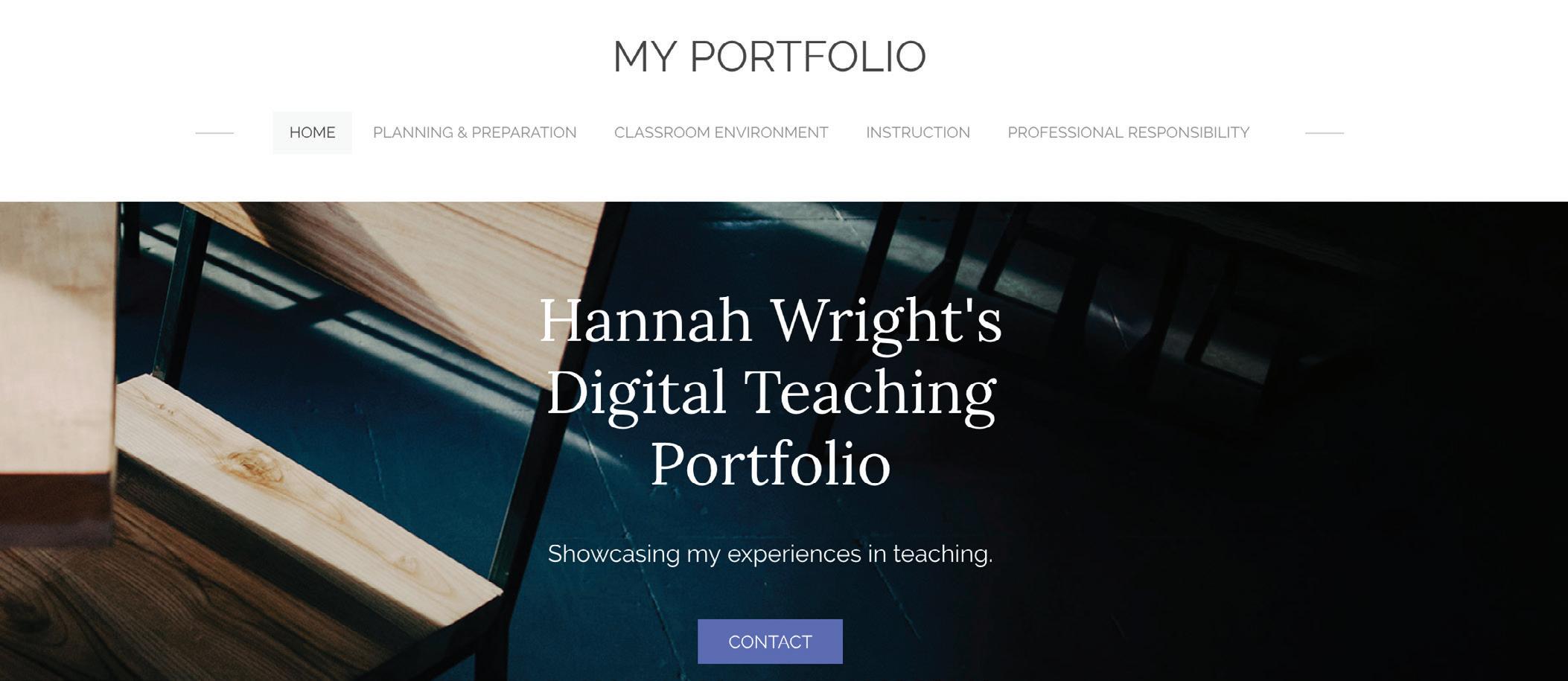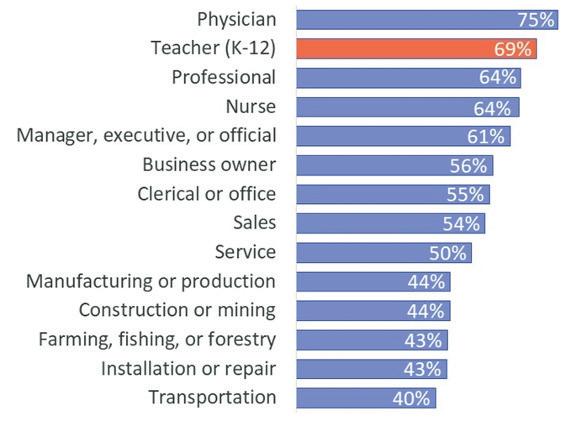Jack Kronser Human Resources Director, Douglas County School District, Colorado
Y
ou are about to finish your academic preparation to become a teacher. This is your student teaching semester, and you are preparing to search for that first teaching job. How exciting! You’ve put so much time, energy, and money into your future career. You are now in the final stretch. Here are 10 tips that will help you in your job search.
Preparing for Your Future
Top Ten Tips and Best Practices for New Teacher Applicants
1. Ensure a successful student teaching experience: Your student teaching is the only teaching experience that many of you bring to your first job interview. A successful student teaching experience will enable you to answer those questions that start out with, “Tell me about a time when you…” 2. Develop a digital portfolio: Even if you don’t need to develop a paper portfolio, a digital portfolio that includes a sample video lesson would be a great resource. Have it on a flash drive to leave with the interview committee. 3. Develop your elevator speech: Prepare a short, concise, 30-second sales pitch of your qualifications as a teacher. Some interview formats, like Meet and Greets, are not very long, so you will need to make an impression quickly. 4. Show your personality: Show your enthusiasm. Be sure to smile often, be genuine, and show that you are approachable. 5. Fill out applications during your student teaching semester: Most districts will have open, general applications that can be filled out prior to postings of vacancies. When those postings go live, it will be easy for you to just click on the job that interests you. Make sure to have digital copies of all documents that you can upload easily to attach to applications. 6. Choose your references wisely: You will need your mentor teacher’s letter and two additional letters from people who know you professionally. Make sure to get their summer phone numbers since teacher hiring will go into the summer. 7. Practice answering questions out-loud: It helps to practice answering questions out loud, so you get used to what a real interview will be like. Take advantage of practice interview platforms or other interview practice assistance. 8. Attend job fairs: Education job fairs are the most efficient ways to talk to the largest number of recruiters. Be sure to collect recruiter business cards, so you can send a follow-up email. 9. Use resources: AAEE’s Job Search Handbook for Educators has great articles that you can use to prepare for everything from resumes to how to prepare for that critical interview. Take advantage of your college Career Center resources as well. 10. Be memorable: The interview committee will be meeting with a number of candidates. Make sure to leave them with a memory of you that is unforgettable. Treat each interview as a learning opportunity and make each successive interview better. Good luck and remember to have fun in this process. American Association for Employment in Education
21




